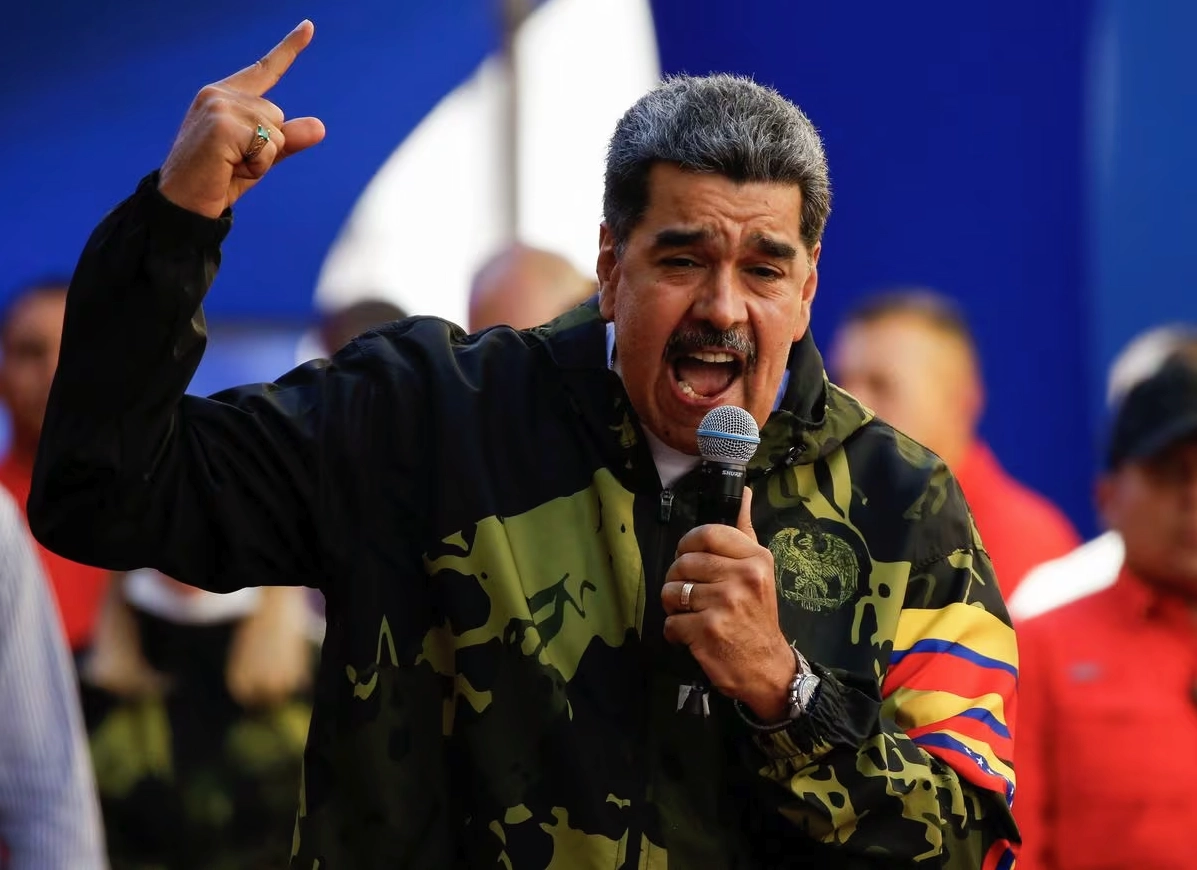Last January 23 was another anniversary of the civil-military deed that overthrew the dictatorship of Marco Perez Jimenez in Venezuela. On this anniversary of Venezuelan democracy — today in a zombie state —, the facades of Non-Governmental Organizations, local headquarters of the Vente Venezuela Party, and houses of opposition political leaders were vandalized with threatening red graffiti and the signature “Furia Bolivariana” (Bolivarian Rage).
In a few days, the government of Nicolás Maduro irregularly arrested two local leaders of Vente Venezuela and made public a list of military officers demoted and expelled for treason and conspiracy. It also announced the arrest warrant for 11 civilians, including journalists, NGO representatives, and political leaders. All were accused of alleged conspiracies and attempted assassination. A familiar story.
The week ended with the decision of the Supreme Court of Justice (TSJ) to reject the challenge of the administrative disqualification of María Corina Machado, the main opposition leader and presidential candidate of the Unitary Platform of Venezuela. The disqualification of another opposition leader sometimes referred to as a “moderate”, Henrique Capriles Radonski, was also upheld. The disqualification was lifted for other leaders of lesser national scope.
This impeachment process was framed within the broader framework of the Barbados Agreements signed between the government and the opposition last October, as well as other silent agreements between the Maduro government and U.S. diplomacy that have facilitated the easing of sectoral sanctions on Venezuela. In exchange, the government has released a dozen political prisoners and the United States pardoned the notorious businessman turned diplomat, Alex Saab, who was a key player in the business of buying and selling low-quality food, acquired at overpriced prices and who sustained the main social policy maintained by the Venezuelan government during the harsh economic crisis of the last decade.
With the decision of the TSJ, the internal conflicts within Chavism, which recently settled different positions, were resolved: on the one hand, those who were advancing the timid political liberalization — which sought to be coupled with the focused economic opening that has been taking place for several years — and, on the other hand, those who sought to reaffirm the authoritarian vocation of the regime, which resists the possibility of a negotiated political alternation. The Bolivarian fury pushed the balance and dealt a death blow to the Barbados Agreements.
Maduro’s government refuses to participate in competitive and moderately fair elections. Otherwise, it would allow the parties opposing it to nominate their candidate, elected in open primaries. However, in addition to refusing to compete under more or less fair rules, it also jeopardized the Barbados Agreements which sought international legitimacy and access to needed resources. The power group assumes that Joe Biden’s administration is in too much trouble, both internationally and domestically, to tighten economic sanctions which, they argue, have encouraged irregular Venezuelan migration to the United States. Security on the southern U.S. border is one of the weakest points of Biden’s re-election campaign, which is encountering resistance not only among the anti-immigrant Republican base but also among independents and moderate Democrats.
As soon as the TSJ decision became known, the U.S. government expressed its rejection and announced that it will review the policy of easing sanctions. Even if the United States were to impose once again the most severe sanctions, it is clear that the factors most reluctant to domestic political easing have imposed themselves: it is a cost they are willing to pay. Maintaining power in extreme economic conditions and at the expense of the population’s misery is a strategy that has already been used. It is not a circumstance they had to live in, today it is a choice of the regime.
Beyond what the Biden administration decides, what matters is what the Venezuelan opposition will do. For years, Maduro’s government has managed to stoke the internal divisions of the opposition with targeted repression, harassment of opposing groups, and the financing of defectors in political parties. The government offers perks to those who are obediently willing to participate in elections where nothing is at stake. In addition, the power elite benefits from the social weariness, the passivity of the productive sector, and the authoritarian inertia of the “disillusioned harmony” generated by the pax bodegónica: stability after few material concessions with tough political control.
The opposition has the challenge of leading a campaign for free elections that keeps the negotiation chessboard in play, but that can articulate citizen protest and social coordination at the grassroots and between political parties. This is not a minor challenge and calls upon the leadership that emerged from the primary process to generate solid internal consensus and an effective strategy that includes but transcends the presidential candidacy. This type of consensus and articulation of diverse groups achieved, in January 1958, the overthrow of dictator Marcos Perez Jimenez, and today is especially relevant.
*Translated by Janaína Ruviaro da Silva from the original in Spanish.












